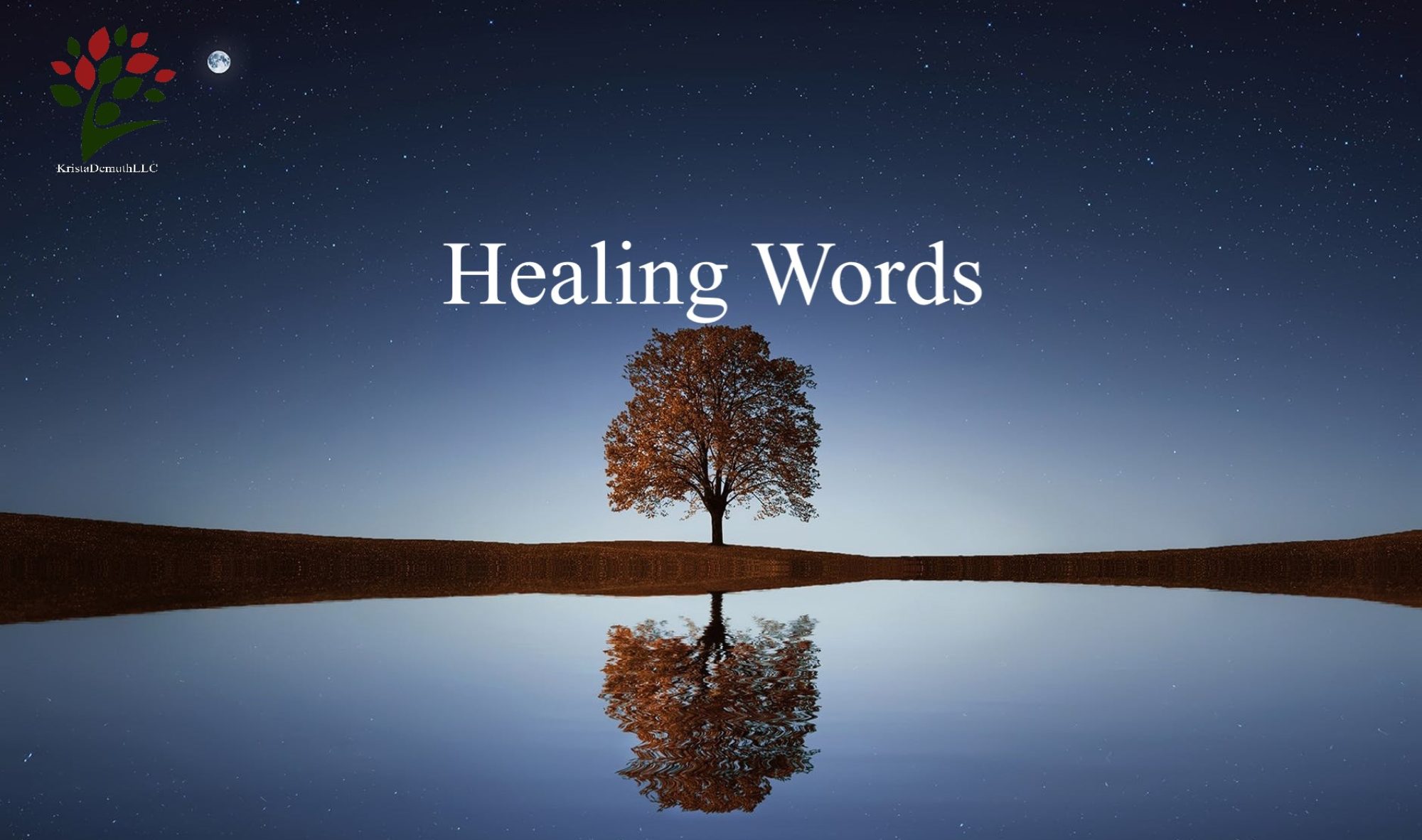
Children across the state will return to school in a few weeks. Many children are excited to begin a “normal” school year. While this is exciting, and great for our students, it’s also important that we remember there continues to be mental health fall out as we emerge from the pandemic.
Rates of anxiety and depression skyrocketed last year. Some students were anxious and depressed while doing distance learning. Some were anxious to return to in person schooling. Others remain anxious about potentially contracting or passing on COVID 19. Suicide rates and self-harm rates in students also increased last year. Unfortunately, access to mental health services has been challenging over the past 18 months and many students are still struggling. The declining mental health of students is its own epidemic.
It’s very important to recognize some signs of anxiety and depression in children.

- Complaints of stomach or headaches
- Multiple questions about the same thing, or talking repetitively about the same thing
- Nightmares, difficulty falling asleep, difficulty staying asleep
- Avoiding activities the child once enjoyed
- Overeating or undereating
- Temper tantrums, sudden mood swings, outbursts
- Withdrawal, crying, isolation, or sullenness
- Self-harm statements or self-harm gestures (cutting, scratching, eye brow picking, skin picking, head banging)
Unfortunately, mental health providers are stretched thin. In my own practice, I have opened additional hours to fit in children and adolescents that are seeking services. There is a great need for counselors, but not enough counselors to go around. If you are a student, or a caregiver of a student, I highly encourage you to try and find a qualified mental health counselor to help you. There are online counseling programs available if you are unable to find a provider in your area. Many local governments also have programs to help with children’s mental health. Contact your local county for more information.
You can also support your child’s return to school by discussing your child’s specific needs with the school. School counselors, special education programs, and even a teacher your child has strong rapport with can help support your child. Under federal law, schools need to provide reasonable accommodations to help facilitate learning. This is why it’s so important to share your concerns with your child’s school.

There are a few other ways you can support your child. These include:
- Show Empathy-talk to your child. Let them know you understand they are struggling. Remind them that you love them and want to support them.
- Be gentle-listen to listen. Don’t listen to respond.
- Encourage socialization with friends
- Establish a Routine
- Provide balanced, healthy meals
- Encourage exercise and physical activity
While things are looking up with in person schooling right around the corner, students are still in the middle of a mental health epidemic. Let’s not forget this. Become familiar with the signs of mental illness in children. Research resources available in your community. Seek out professional help. Let’s set our children up for a successful, healthy, and happy school year.
To Health, Hope and Healing
Krista

Krista Demuth, MS LPC, CATP is a professional counselor specializing in mental health for children, adolescents, and adults. She is a Certified Child and Adolescent Trauma Professional. She is licensed in Wisconsin and provides service to the St Croix River Valley and surrounding areas.
